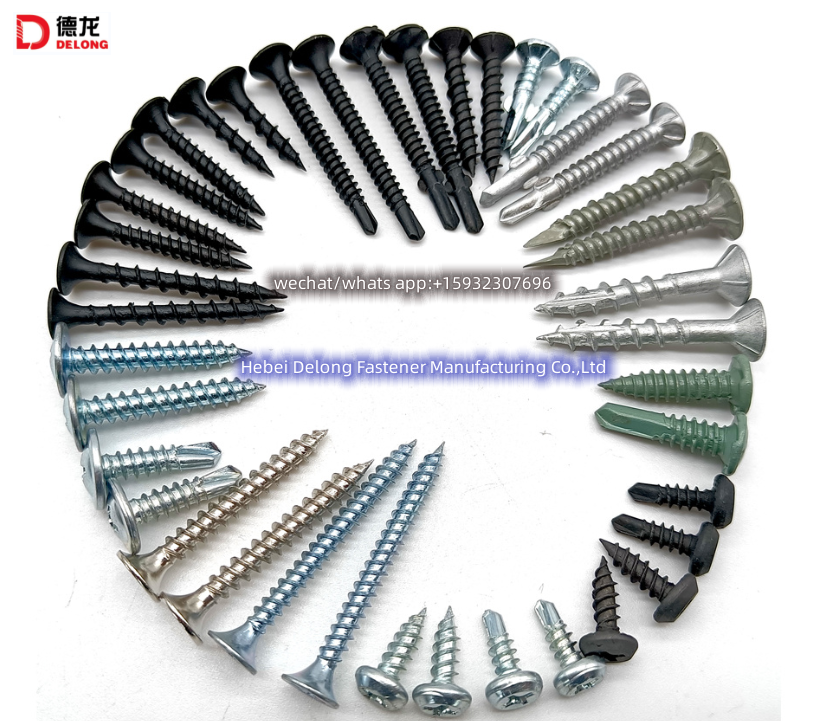Comparing the Benefits of Washers and Spring Washers from Leading Manufacturers in the Industry
Understanding the Differences Between Washer and Spring Washer Manufacturers
When it comes to fasteners, two commonly used components are standard washers and spring washers. With various manufacturers specializing in these products, it's essential to understand the distinctions between washer manufacturers and spring washer manufacturers to make informed decisions for industrial or DIY projects. Each type of washer serves specific functions and adheres to unique manufacturing processes, which can significantly impact the performance and longevity of mechanical assemblies.
What is a Washer?
A standard washer is a flat disk with a hole in the center that is used primarily to distribute the load of a fastener, such as a bolt or nut. By providing a solid surface, washers help prevent damage to the surface being fastened, reduce friction, and provide a better seal against leakage. They are commonly made from a variety of materials, including metal, plastic, or rubber, and can come in different sizes and thicknesses to meet unique application requirements.
What is a Spring Washer?
A spring washer, on the other hand, is designed to provide elasticity and flexibility. It helps maintain tension and balance in a bolted joint, compensating for vibrations, thermal expansion, and other factors that might lead to loosening over time. The most common types of spring washers include split washers (such as lock washers) and wave washers. These components are typically manufactured from steel, but they may also be made from other alloys or even plastics, depending on the application.
Choosing Between Washer and Spring Washer Manufacturers
washer vs spring washer manufacturers

1. Material Selection One of the critical differences between manufacturers is the types of materials they use. Washer manufacturers often provide various material options to suit different environments. For instance, stainless steel washers are ideal for corrosion resistance, while rubber washers offer excellent sealing properties. In contrast, spring washer manufacturers focus on materials that can withstand repeated loading and unloading cycles, like high-carbon steel or specialized alloys.
2. Industry Standards Different industries have specific standards that washers and spring washers must meet. A reputable manufacturer will adhere to industry standards such as ASTM, ISO, or ANSI, ensuring that their products meet safety and performance metrics. When selecting a manufacturer, verifying their compliance with these standards can be crucial for the reliability of the fasteners in your application.
3. Production Techniques The manufacturing techniques employed also vary. Standard washers can be produced through stamping, laser cutting, or forging, depending on the desired tolerance and volume. Conversely, spring washers often require more sophisticated methods, such as cold forming or coiling, to achieve the necessary spring properties. Understanding the production processes of each manufacturer can help you gauge the quality and reliability of their products.
4. Applications Consider your specific application needs. Standard washers are versatile and used across numerous applications, from construction to automotive. Spring washers are essential in machinery and aerospace applications where vibrations could lead to fastener failure. Choosing the right manufacturer involves matching their product offerings with your application requirements.
5. Lead Times and Customization Lastly, lead times and customization options are vital factors to consider. Some manufacturers may offer quick turnaround times for standard sizes, while others may focus on custom solutions. If your project requires unique specifications, it's beneficial to partner with a manufacturer that has the capabilities to deliver customized solutions promptly.
Conclusion
Ultimately, understanding the distinctions between washer and spring washer manufacturers can greatly influence the success of your mechanical projects. With varying materials, standards, production methods, and application nuances, it becomes clear that not all washers are created equal. Therefore, selecting the right manufacturer based on your specific needs is crucial. By investing time in research and making informed choices, you can ensure that the fasteners you use will contribute to the efficiency and longevity of your mechanical assemblies.
-
Top Choices for Plasterboard FixingNewsDec.26,2024
-
The Versatility of Specialty WashersNewsDec.26,2024
-
Secure Your ProjectsNewsDec.26,2024
-
Essential Screws for Chipboard Flooring ProjectsNewsDec.26,2024
-
Choosing the Right Drywall ScrewsNewsDec.26,2024
-
Black Phosphate Screws for Superior PerformanceNewsDec.26,2024
-
The Versatile Choice of Nylon Flat Washers for Your NeedsNewsDec.18,2024










